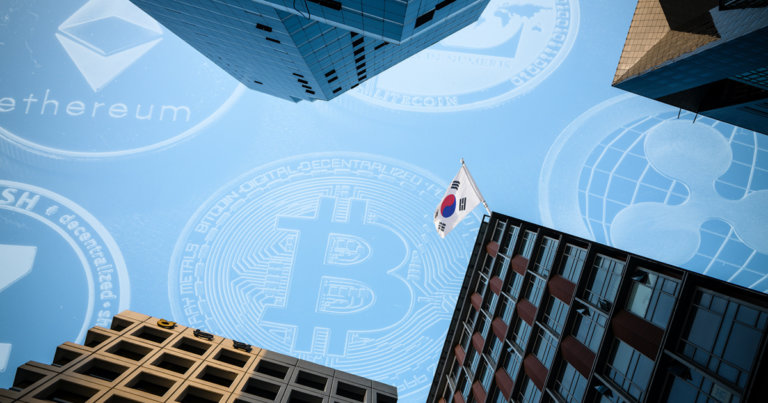 50 Korean crypto firms apply for new licenses as strict regulation looms
50 Korean crypto firms apply for new licenses as strict regulation looms 50 Korean crypto firms apply for new licenses as strict regulation looms
The country is coming down hard on crypto companies and is ensuring local players are well-regulated.

Cover art/illustration via CryptoSlate. Image includes combined content which may include AI-generated content.
Fifty crypto businesses based in South Korea have applied for a license under the new Information Security Management System (ISMS), a government-backed certification that certifies companies that meet stringent standards of data protection and privacy.
Crypto regulations are coming
The regulation takes effect in September 2021 and is one of the first certifications for crypto businesses in Korea. The country enjoys one of the biggest crypto trading populations in the world, with a large number of young adults trying their luck in the crypto markets.
However, with the space being infamous for its non-regulated nature and the seemingly never-ending amount of scams, the Korean government has introduced or is planning to introduce, a number of laws to better regulate the local crypto scene.
The ISMS is one of these. As per a release, the certificate assesses businesses over various criterias—such as overall risk management, access control, server and security management, and others—to prevent untoward incidents and lapses that may cost Koreans a fair bit of losses.
And exchanges aren’t shying away from getting certified either. 20 local exchanges have already received the ISMS certificate (including UpBit and Kobit), while 30 others have applied and are in the wait lines. Of the latter, eight applications are said to be currently getting revised and processed.
Next steps
The certified exchanges—and others that get certified at a later date—are now supposed to cooperate with local banks to provide information about crypto users and all transactions are done (from fiat) done via their accounts.
This step is said to be a preventive measure for possible embezzlement and money laundering.
Meanwhile, Korean exchanges have started to delist altcoins that put them in the doubtful category ahead of the regulations.
Tickers like MARO, PCI, QTCON, and SOLVE faced the hammer on some exchanges last week, with some relatively bigger names like BZRX getting delisted too. Because when the authorities come knocking, nothing is decentralized anymore.



 Farside Investors
Farside Investors 


 CoinGlass
CoinGlass 



























































































